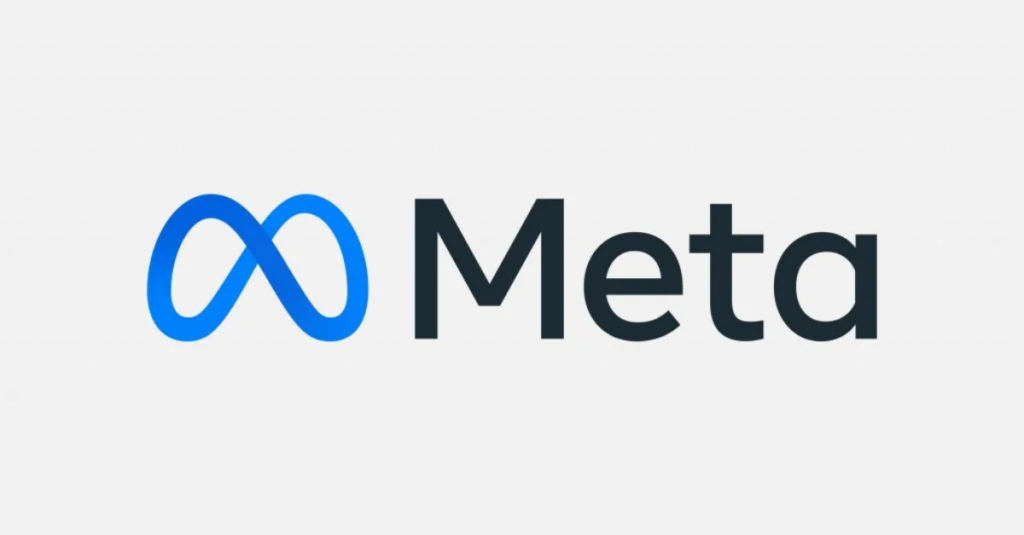“This has been a good start to what I expect will continue to be an intense year.“ – Meta CEO Mark Zuckerberg

Meta founder and CEO Mark Zuckerberg doubled down on artificial intelligence this week as the company laid out “five major opportunities” that execs hope will catapult profits into the, uh… metaverse… over the next few years. Even before Zuckerberg launched into his AI soliloquy at the top of Meta’s Q1 earnings call this week, Wall Street was already cheering the company’s 16% year-over-year revenue growth that reached $42.3 billion in the quarter, with net income up an even more impressive 35% YOY to $16.6 billion. While Meta’s metaversal ambitions have sagged in recent quarters (Reality Labs’ expenses rose 8% YOY in Q1 as its sales dropped by 6% mostly because of lower sales of its Meta Quest VR goggles), the company has already pivoted to a surprise hit: its RayBan Meta AI glasses fusing AI to built-in cameras, microphones, and earbud speakers that let users walk around with an AI assistant on their heads. Sales have tripled in the last year, and new versions expected in late 2025 could include holographic overlays, creating a metaverse-adjacent experience that’s more AR than VR but should help Meta cement a leadership role in the AR/VR space. Apple is still smarting from its underwhelming (and expensive) Vision Pro debut that tried to make “spatial computing” a thing but ended up fizzling out within a few months. (Production is now halted.) In any event, Meta remains on thin ice with the U.S. government as the Federal Trade Commission this month began an antitrust trial to determine if Meta wields an effective social-media monopoly and could eventually force a divestiture of its Instagram and WhatsApp units, effectively breaking up the company. It’s one to watch for media executives as any breakup could weaken Meta’s power with advertisers, which increasingly must split their budgets between social media and “premium” media like linear TV and streaming. But interestingly, the trial didn’t even come up during the earnings call, suggesting that investors aren’t overly concerned and perhaps hope the new administration will take a more lenient stance than the last one. Time will tell, but Zuckerberg clearly has put AI on the front burner as he jostles to ensure the company remains a Silicon Valley powerhouse, rattling off those five opportunities as: improving advertising tools, increasing engagement, helping businesses improve engagement, B2B messaging, and churning out AI devices to sell. “And these are each long-term investments that are downstream from us building general intelligence and leading AI models and infrastructure,” he said. “Even with our significant investments, we don’t need to succeed in all of these areas to have a good ROI. But if we do, then I think that we will be wildly happy with the investments that we are making.” The massive AI spend has worried investors in recent quarters as the overall AI hype has moderated and some wonder whether it’s becoming a bubble. But Zuckerberg seems to be all-in on spending big to win the AI race, and the company’s capital expenditures are getting massive: CFO Susan Li forecast full-year 2025 capex at $64 billion to $72 billion, up from its prior outlook of $60 billion to $65 billion. “This updated outlook reflects additional data center investments to support our AI efforts as well as an increase in the expected cost of infrastructure hardware,” she said. For content owners, video distributors, and streamers competing with Meta for advertiser dollars and eyeballs, any AI advances Meta can leverage with Madison Avenue and consumers will no doubt affect the content industry. In fact, Meta has already been creating AI-generated influencers and other media content to occupy even more of users’ scroll time. And every minute spent on Facebook, Instagram, or for that matter WhatsApp (which has 100 million users in the U.S. but plenty of room to grow considering its dominance in Europe) is a minute not spent on Netflix, Disney+, Max, or other streaming platforms. Maybe those RayBan glasses can offer some AI advice.
